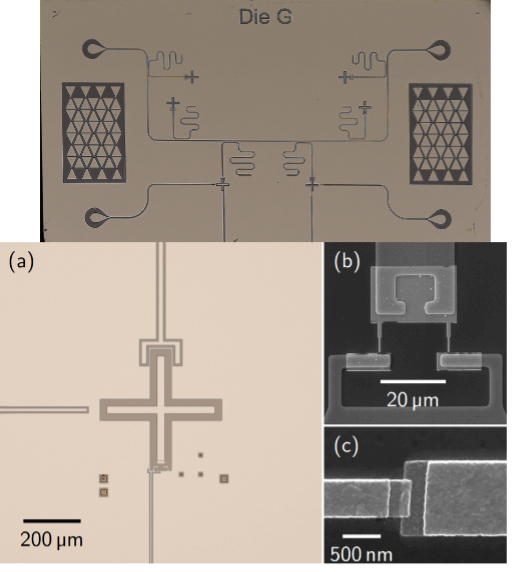Summary
Fault-tolerance is essential to the performance of quantum technologies, but known schemes are extremely resource intensive. Thus, improving existing schemes or inventing new schemes is of central importance. This joint project is based on the realization that fault-tolerance schemes make use of symmetries in fundamental ways, and that studying the problem of fault tolerance broadly from a symmetry perspective may offer valuable insights. We will do so by focusing on fault-tolerance and control-error mitigation primitives that make explicit use of symmetries, and unveil fundamental connections between the two. This involves the study of decoherence and error control, and measures that counteract them in two settings: fault-tolerant universal quantum computation (FTQC) using magic state distillation; and computational phases of matter. We will address which types of symmetries lead to computationally universal phases of matter, and the minimum operational cost of fault-tolerant universal quantum computation. This work is a collaboration between the research groups of David Poulin, Robert Raussendorf, and Beni Yoshida from the Université de Sherbrooke, University of British Columbia and the Perimeter Institute, respectively. Results from this project will shed light on which order parameters of condensed matter systems are important for quantum information processing and quantum sensing, and how to assess and reduce the overhead requirements for fault-tolerant quantum computation via understanding the process of magic-state distillation.

Figure 1. (a) Heat plot for the non-classicality measure mana, for a single qutrit. The grey region is completely classical, and it contains the stabilizer polytope (with dashed boundary) as a strict subset. (b) The working of quantum computation in SPT phases rest on the presence of symmetry. Shown here is a symmetry that enables quantum computational wire, a computational primitive for computation.
Related Content

Free-space Polarization-selective Microcavity based on Chiral Metasurfaces
Summary Developing a new type of Fabry-Pérot cavity that allows improved control of the atoms’ emission into the cavity mode will result in enhancement of the efficiency and fidelity of quantum state transfer from photons to atoms and back. This in turn can be used to improve the performance of quantum networks and repeaters, as […]
September 19, 2019

On-Chip Microwave-Optical Quantum Interface
Summary In this project we develop a quantum interface between microwave and optical photons as a key enabling technology of a hybrid quantum network. In such a network, the robust optical photons carry quantum information through optical fibres over long distances, while superconducting microwave circuits protected from thermal photon noise by the low temperature […]
October 29, 2018

Entangled States of Beams and their Applications
Summary With David Cory and collaborators at the National Institute of Standards and Technology (NIST) we explore how to engineer beams of neutron or photons that carry entanglement. The degrees of freedom that can be entangled include spin (polarization), momentum, displacement, and angular momentum. These have potential applications ranging from studies of helical internal magnetic fields […]
September 7, 2016

Building Blocks for Quantum Neuromorphic Computing: Superconducting Quantum Memcapacitors
Quantum neuromorphic computing (QNC) is a novel method that combines quantum computing with brain-inspired neuromorphic computing. Neuromorphic computing performs computations using a complex ensemble of artificial neurons and synapses (i.e., electrical circuits) to emulate the human brain. QNC may lead to a quantum advantage by realizing these components with quantum memory elements, or memelements, which […]
June 12, 2023

